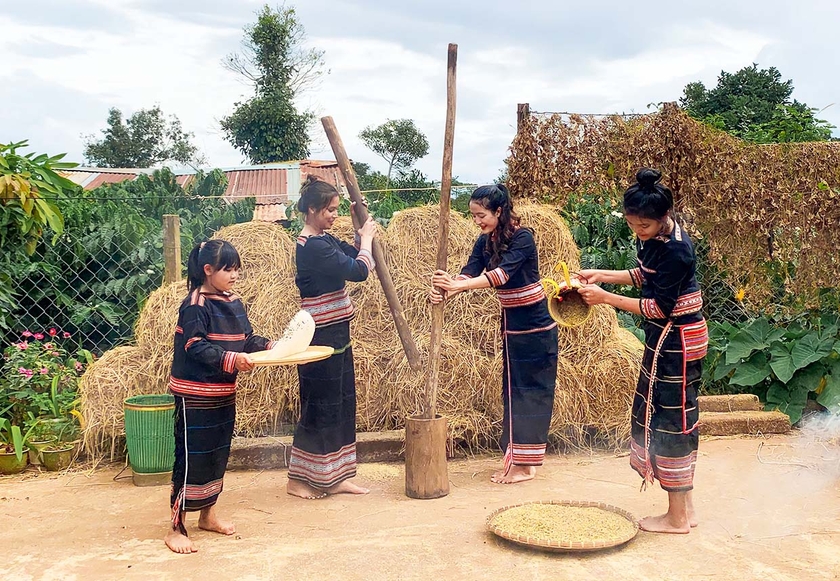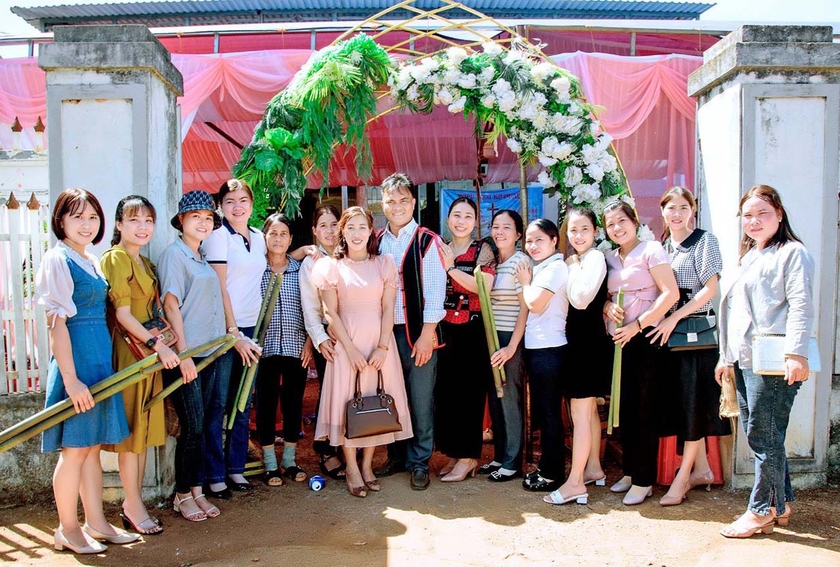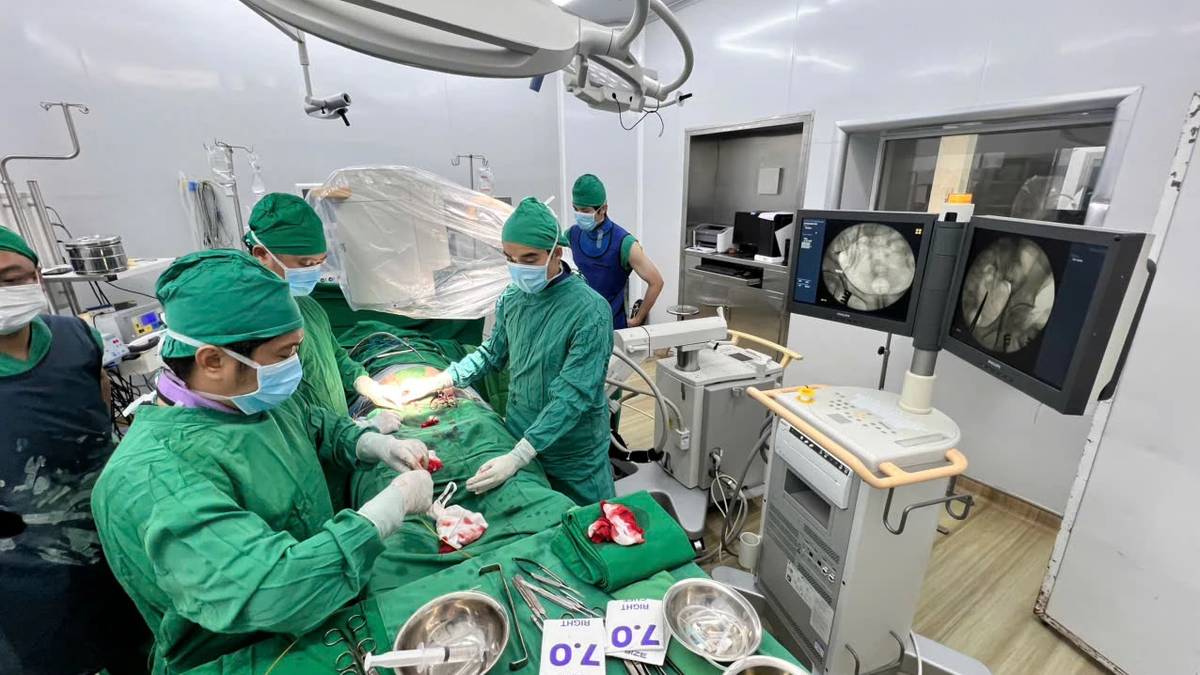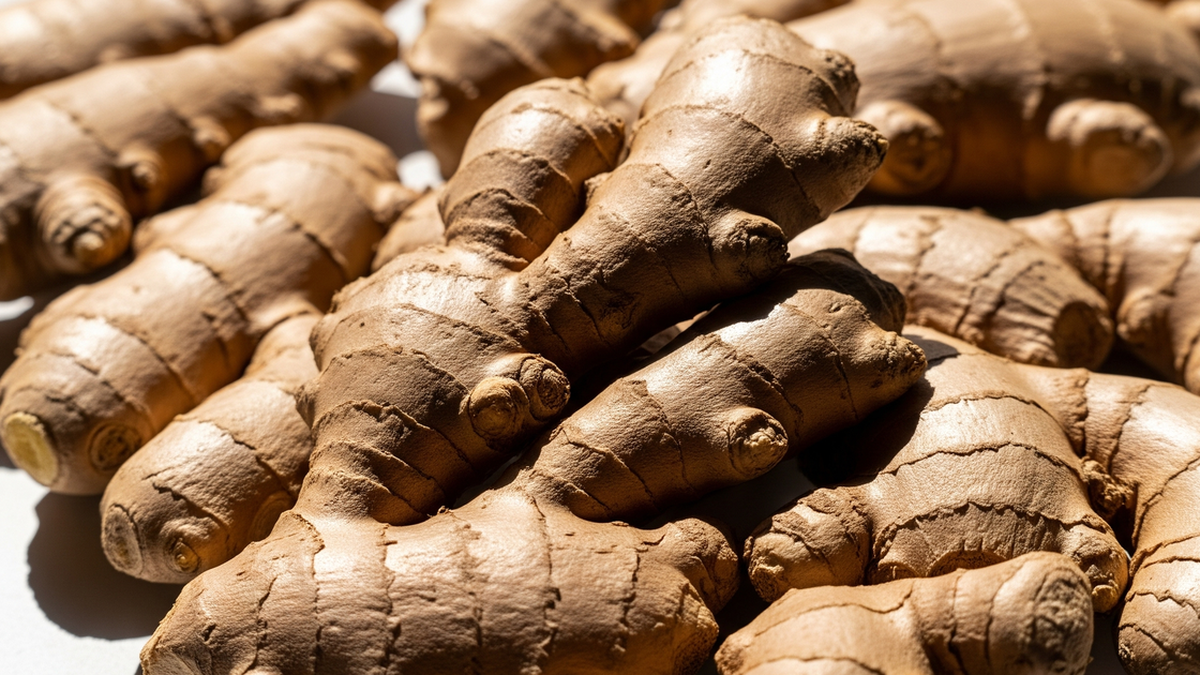 |
On weddings and funerals, Jrai women pound rice and prepare traditional dishes. Photo: RH |
According to the Jrai custom, before the festival, brothers and relatives gather to go to the forest to collect firewood. Depending on economic conditions, everyone will bring offerings such as pigs, chickens, rice, vegetables, and fruits to give to the homeowner. Next, the homeowner will inform To granh (the matchmaker of the couple) to come and oversee the food preparation. Upon receiving the task, this person will instruct the men in the village to gather and cut the pork and chicken into different parts; the pork leg is placed in a separate basket to give to the parents.
Women help with carrying water, pounding rice, cooking, and preparing traditional Jrai dishes. After the party, guests go directly to the host to give them rice bags and money. In return, the host will give each person a piece of raw pork, tapioca flour soup, soft drinks, and a few bamboo tubes of sticky rice to take home as gifts.
Mr. Rơmah Roi - Head of De Chi village (Ia Pech commune, Ia Grai district) said: Normally, the Jrai people organize funerals and happy events when the harvest is finished and agricultural products have been stored. On this day, the Jrai people often help each other to strengthen the bonds of brotherhood, relatives and community.
In October 2023, Mr. Rmah Kling (Ia Ma Ron commune, Ia Pa district) held an engagement ceremony for his daughter, Ms. R'Ô H'Lanh, with Mr. Ksor Tai (Đoàn Kết ward, Ayun Pa town). Because of the matriarchal system, the bride's family took the initiative to prepare the engagement ceremony. In order for the engagement ceremony to go smoothly, both families fully informed everyone many days in advance. Therefore, before the sun rose, many of the bride's brothers, relatives and neighbors had gathered at the family.
Here, they assign tasks to each person. The men are in charge of chopping wood, killing chickens, and butchering pigs; while the women cook the main dishes. After the matchmaker performs the rituals and gives the couple bronze bracelets, the bride’s family’s guests bring bags of rice, chickens, and money to the family. Then, they eat, sing, and wish the couple a happy life together.
 |
After the party, the Jrai people often give guests small gifts to take home. Photo: R'Ô HOK |
Mr. Rmah Kling shared: “For a long time, the villagers have always maintained close relationships, united and helped each other with family matters. Therefore, we held our daughter’s engagement ceremony at a suitable time so that everyone could arrange their time to come and celebrate together.”
Talking to us, artisan Ro Cham Tih (Jut 1 village, Ia Der commune) said: From ancient times until now, the Jrai people consider weddings and funerals as big and meaningful events in community life. However, organizing them for themselves or their family members can sometimes create financial pressure for the homeowner.
In addition, to complete a task within a certain time requires the joint efforts of many people. Therefore, when organizing an event, brothers and relatives often contribute labor and money to reduce the burden on the family. On the other hand, guests also bring a bag of rice or a basket of rice with an envelope of money to give to the host. This is a way to express concern and solidarity in community life.
“In the past, the Jrai people often celebrated their weddings and funerals simply. Nowadays, life has improved, and these events are held on a large scale with a full stage, orchestra sound, and restaurant food. However, the Jrai people still cherish the act of brothers and relatives helping each other in life,” added artisan Ro Cham Tih.
Source




































































































Comment (0)